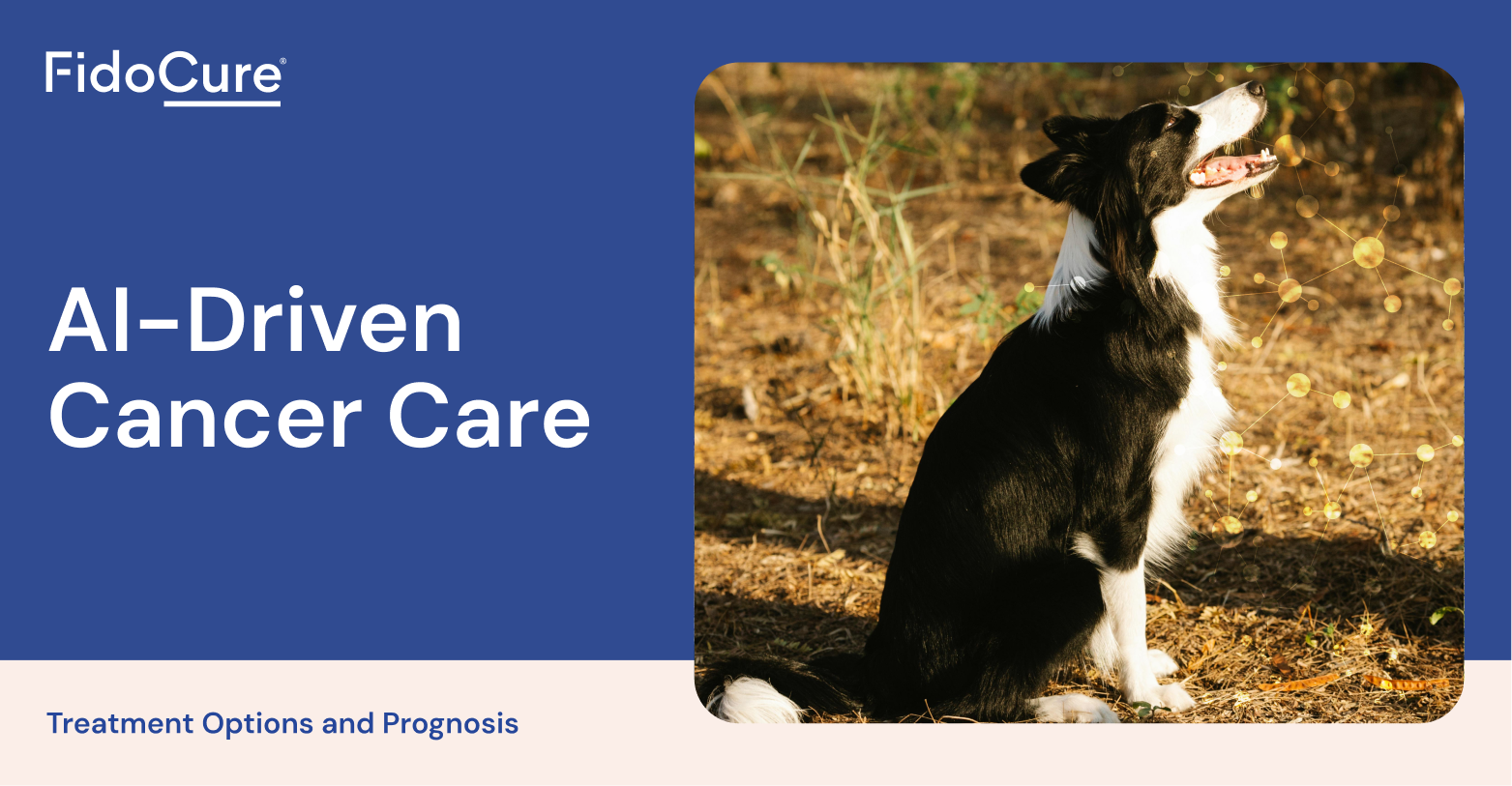AI and Cancer at the Forefront of Animal Health: Key Insights from VMX 2025
VMX is the world’s premier veterinary event, at this year’s gathering, two major themes stood out: AI and cancer. While diagnostics play a crucial role in cancer care, they only tell half the story. The other half is treatment, and in animal health, the cancer treatment space is still lacking. There is a significant need for targeted therapies for dogs with cancer.
The current paradigm for canine cancer treatment has a range of issues. While humans and dogs share about 84% of their DNA, many cancer drugs that work for humans are too toxic for dogs. These drugs may have powerful anti-cancer effects, but dogs can’t handle the toxicity. As a result, many pet owners who choose traditional cancer treatments like chemotherapy or radiation stop them before the cancer is eliminated due to the severe side effects.
These side effects make it difficult for dogs—who are typically older—to maintain a good quality of life. Additionally, treatments like chemotherapy create hazards for dog owners when handling their pet's waste. For example, owners are advised to avoid contact with dog waste for 72 hours after treatment, wear gloves, and have their dogs urinate and defecate in low-traffic areas. While this can be done, it creates extra challenges for pet owners already dealing with the complexities of their pet's cancer diagnosis.
"Cancer remains the leading health challenge for our pets, but we're at a turning point. With AI and targeted therapies, we can offer dogs advanced cancer treatments that are effective on cancer but gentle on dogs," says Christina Lopes, CEO and founder of FidoCure.
For the past six years, FidoCure has focused on solving this issue. We’ve developed the world’s first portfolio of de-risked targeted therapies for canine cancer, which avoid the issues of traditional treatments. Unlike conventional options, our targeted therapies specifically attack cancer cells while leaving healthy cells unharmed, leading to fewer side effects. They’re safe, effective, and can be administered at home.
We are able to effectively match the best-suited targeted therapy for each dog through our AI-driven platform. Our proprietary canine cancer database–the world’s largest clinico-genomic database about canine cancer–leverages dogs' shorter lifespans to gather comprehensive data on the entire cancer journey—from diagnosis to treatment to outcomes. By combining this data with breed-specific genetic information, our AI engine, Fetch, generates personalized treatment recommendations tailored to each individual dog. It’s a first-of-its-kind approach in veterinary oncology.
Our AI platform then matches each dog’s tumor mutations with the right targeted therapies, moving away from toxic treatments toward evidence-based, personalized treatment plans. By analyzing breed characteristics and identifying specific genetic biomarkers within tumors, we empower veterinarians to make more precise and effective treatment decisions. This approach not only improves outcomes but also minimizes unnecessary side effects, making cancer care more effective and humane for dogs.
While AI and cancer took center stage at this year’s VMX, FidoCure has long been working at the intersection of both fields. Our evidence-based targeted therapies are proven to be much safer than traditional cancer drugs, and we’re proud to lead the animal health industry in decoding canine cancer to radically improve the lives of dogs.


